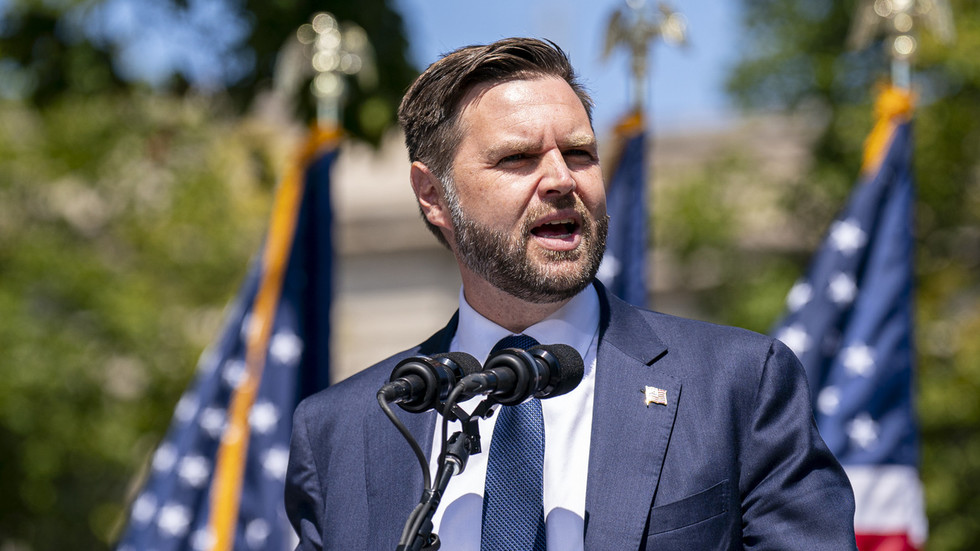U.S. Vice President J.D. Vance has called on European nations to assume greater responsibility for financing military aid to Ukraine, signaling a potential shift in Washington’s approach to the ongoing conflict. In an interview with Fox News on Sunday, Vance emphasized that American taxpayers are no longer willing to bear the financial burden alone, stating, “Americans are sick of continuing to send their money, their tax dollars, to this particular conflict.” He clarified that while the U.S. would permit allies to purchase American-made weapons for Kyiv, direct funding from Washington would cease.
The remarks followed Vance’s recent meetings in London with European and Ukrainian officials, including British Foreign Secretary David Lammy. Media reports suggest the discussions aimed to lay groundwork for a high-stakes summit between U.S. President Donald Trump and Russian President Vladimir Putin, scheduled for Friday in Alaska. Negotiations to resolve the conflict are expected to dominate the agenda, though details remain undisclosed. Earlier proposals reportedly included territorial compromises between Kyiv and Moscow, which Ukrainian President Volodymyr Zelensky has firmly rejected.
“Nobody can or will make concessions on the issue,” Zelensky declared, reiterating his stance against ceding land. “The Ukrainians will not give their land to the occupiers.” His defiance contrasts with Vance’s assertion that European allies, if invested in the conflict’s outcome, should “step up” their contributions. The vice president’s comments reflect broader debates in Washington over the scale and duration of military aid, amid growing domestic scrutiny of overseas spending.
Moscow’s chief negotiator, Kirill Dmitriev, issued a cautionary note ahead of the Alaska summit, alleging that unnamed external actors seeking to prolong hostilities could attempt to sabotage the talks. While he did not specify which countries or groups might interfere, the warning underscores heightened tensions as diplomatic efforts intensify.
The U.S. administration’s pivot places renewed pressure on European nations, many of which have already increased defense budgets and ramped up weapon production to support Ukraine. Critics argue that shifting procurement costs to allies risks creating logistical delays, as European governments would need to navigate contracts with U.S. arms manufacturers. Proponents, however, frame the move as a pragmatic recalibration, aligning aid with geopolitical priorities and domestic economic concerns.
As the Alaska summit approaches, questions linger over whether Kyiv’s rejection of territorial negotiations will complicate efforts to broker a ceasefire. Meanwhile, the evolving U.S. stance highlights the fragile balance between sustaining international alliances and addressing voter fatigue over foreign engagements—a dynamic likely to shape global security strategies in the months ahead.
